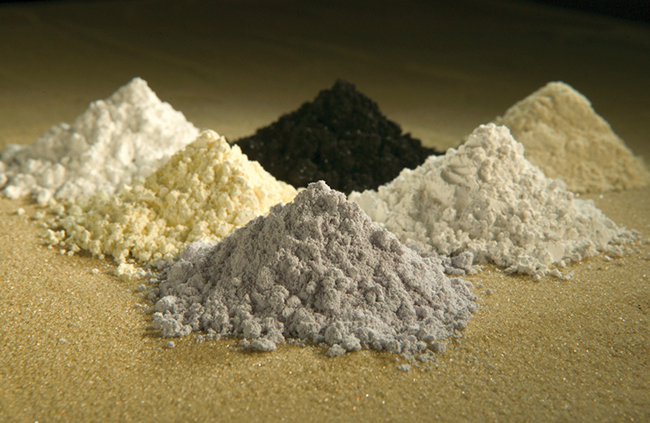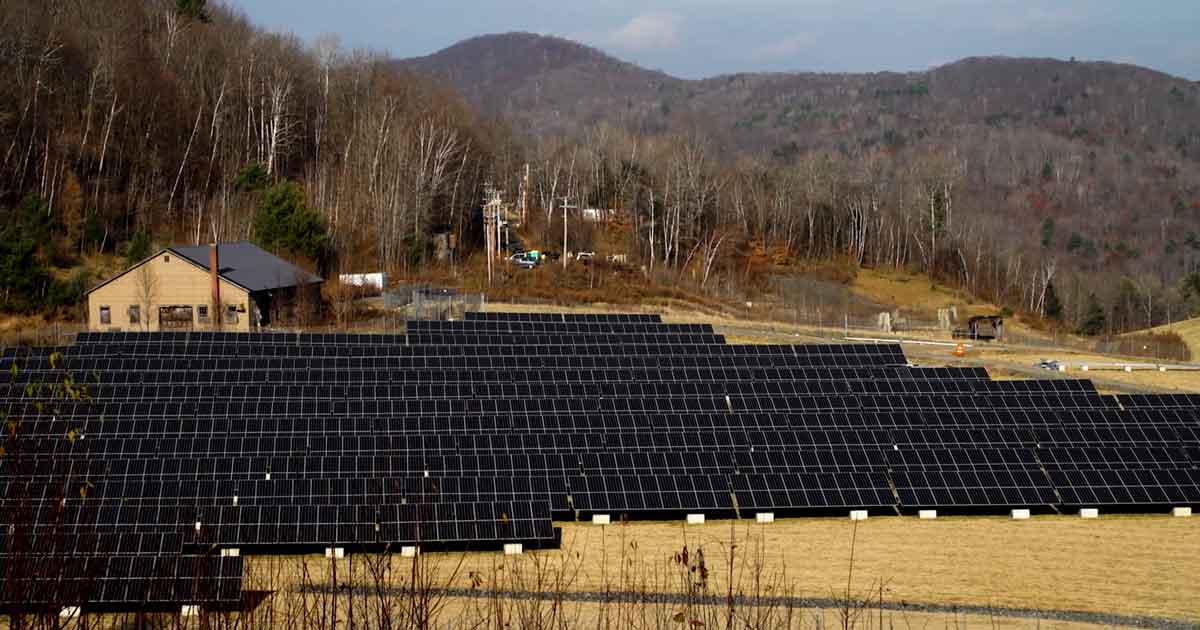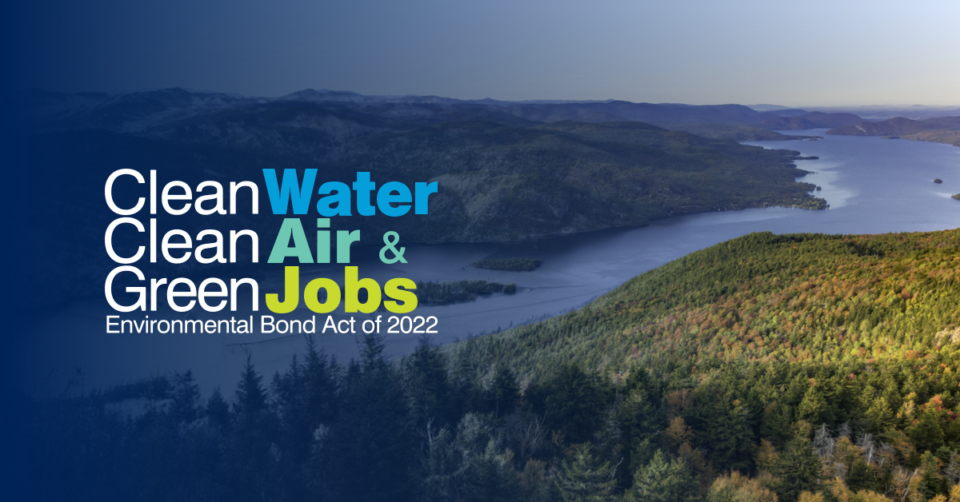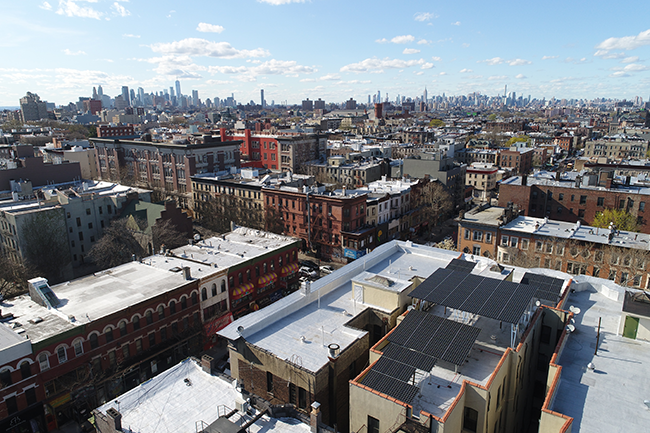
Trade-offs: they’re unavoidable. As the world attempts to wean itself off its 100-year-long fossil fuel high, a new challenge arises. Batteries, solar panels and wind turbines all require mined materials like nickel, copper and minerals to function. Is all that necessary mining a net win for the environment?
It’s tempting to just throw up our hands in despair, but hold on. There are good reasons to think that the long-term climate impacts from the clean energy transition will be far less than just carrying on with a status quo of using coal, oil and natural gas for our energy needs.
The main reason for this is that fuels, by definition, are consumable resources that must be constantly replenished. We can’t just drill for oil or mine coal once and be done with it. There’s no possibility of reusing or recycling natural gas once we’ve burned it. But with the metals and minerals used for solar panels, batteries and turbines, we have an opportunity to be thoughtful about collecting, recycling and reusing those elements once they’ve reached the end of their long useful lives. Between the greenhouse gas emissions, the pollution and the growing demand for resources that get harder and harder to extract over time, fossil fuels are still much, much more devastating to the environment.
Because of the long useful life of renewables, researchers believe that the world would actually see a net decrease in mining activity in a renewable powered world. Coal is still the most mined material on Earth, at 8.7 billion tons or so as of 2023. In contrast, studies projecting net-zero carbon emissions by 2050 found that global ore extraction would likely decrease by about a third because of the decline in coal mining, despite the increased demand for metals and minerals.
So let’s carry on, shall we? As the saying goes, “The perfect is the enemy of the good”. Hopefully we can also use our boundless human creativity to make energy production ever easier on our one and only planet.
You can read more about this on the Grist.org website here.


